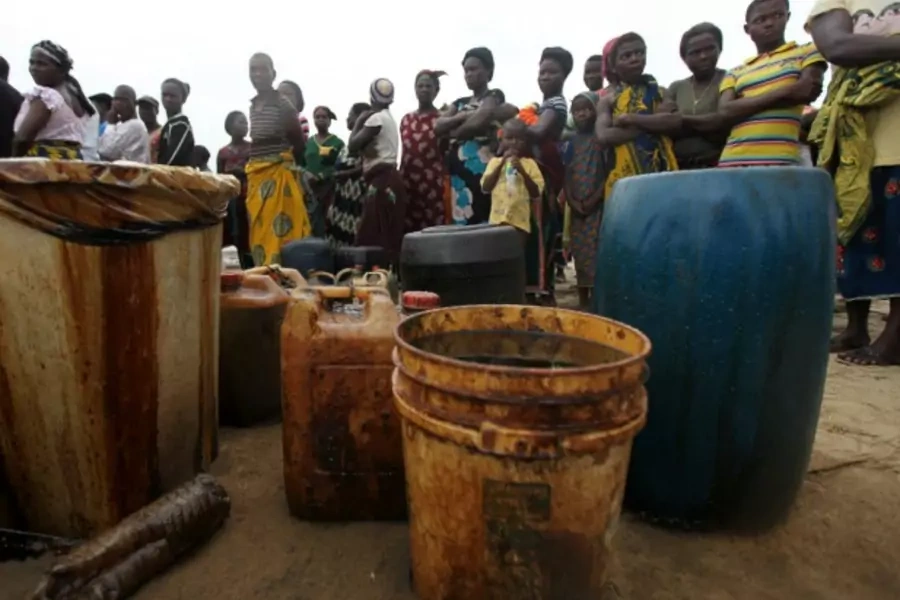More on:
According to the media, President Muhammadu Buhari said on June 23 that Nigeria’s treasury is “virtually empty.” In order to document this he has promised to release a report on the size of Nigeria’s revenue and debt in about four weeks. He also says that he will recover billions of dollars that have been stolen under previous administrations, and that the United States and other countries will assist Nigeria in the recovery of the stolen money.
The president also noted that some federal civil servants are going unpaid and said that his government would look at the possibility of drawing on the Excess Crude Account (essentially a sinking fund for oil revenue) to pay civil servants. That account has a balance of $2.078 billion as of June 23, according to the finance ministry. Governors are saying that some civil servants in the states have gone for as long as ten months without being paid. Vice President Yemi Osinbanjo says that two-thirds of state employees are owed back salaries.
The problem is not entirely due to waste, fraud, and mismanagement. Most of the state governments are dependent on oil revenue distributed by the federal government to the states according to a set formula. With the fall in oil prices there is less government revenue to distribute. Federal, state, and local revenue were at a five-year low due to depressed oil prices and shutdowns of export oil pipelines and terminals. The national currency, the naira, continues to fall.
The size of Nigeria’s federal and state debt is contentious. Vice President Yemi Osinbanjo is telling the media that the country’s local and foreign debt is about $60 billion. He also said that debt service for 2015 is about 21 percent of the budget. The chairman of Buhari’s transition committee, the highly respected Ahmed Joda, is reported by the media as saying that Buhari inherited a deficit of at least $35.2 billion from the Jonathan administration. On the other hand, former finance minister Ngozi Okonjo-Iweala says that the vice president’s figures include state and federal debts that largely predate the Jonathan presidency.
According to the media, the country’s financial situation is prompting some members of the National Assembly to suggest a voluntary pay cut, though few observers think that will happen.
Shortage of revenue will constrain what the Buhari administration can do to address the chronic issues in the northeast that feed the Boko Haram Islamist terrorist insurrection, as well as in the oil-rich Niger delta, where the current amnesty, which includes payments to “community leaders,” ends in December. Buhari has promised those payments will be replaced by government investment in the region. Right now, it is hard to see where the money will come from.
More on:
 Online Store
Online Store
